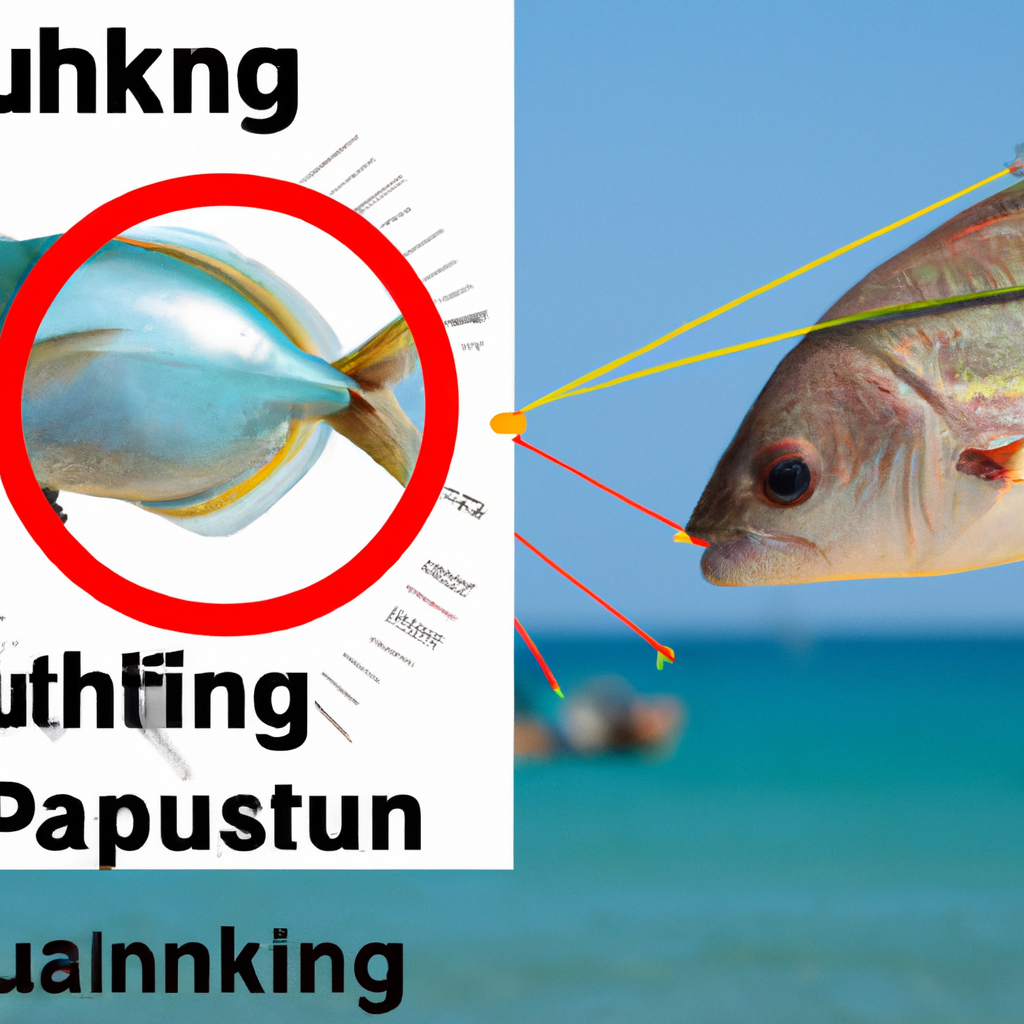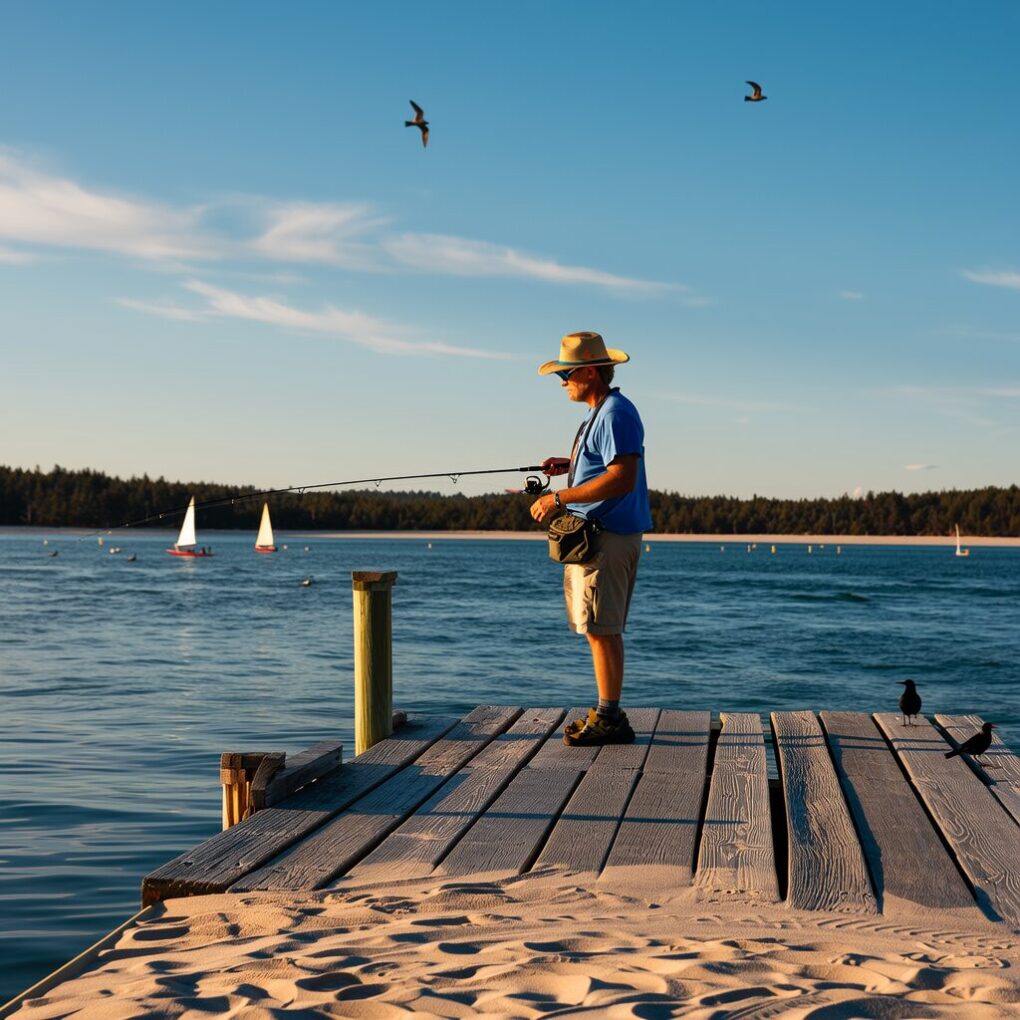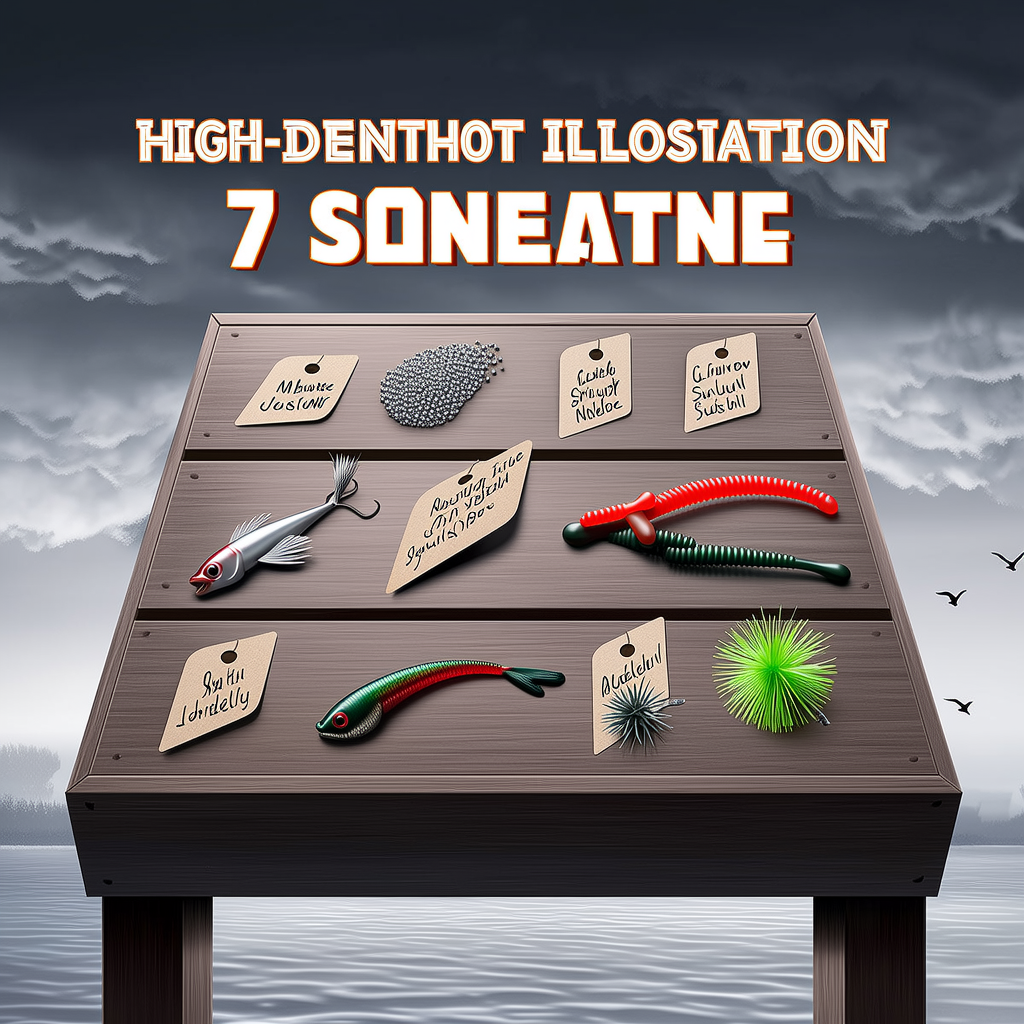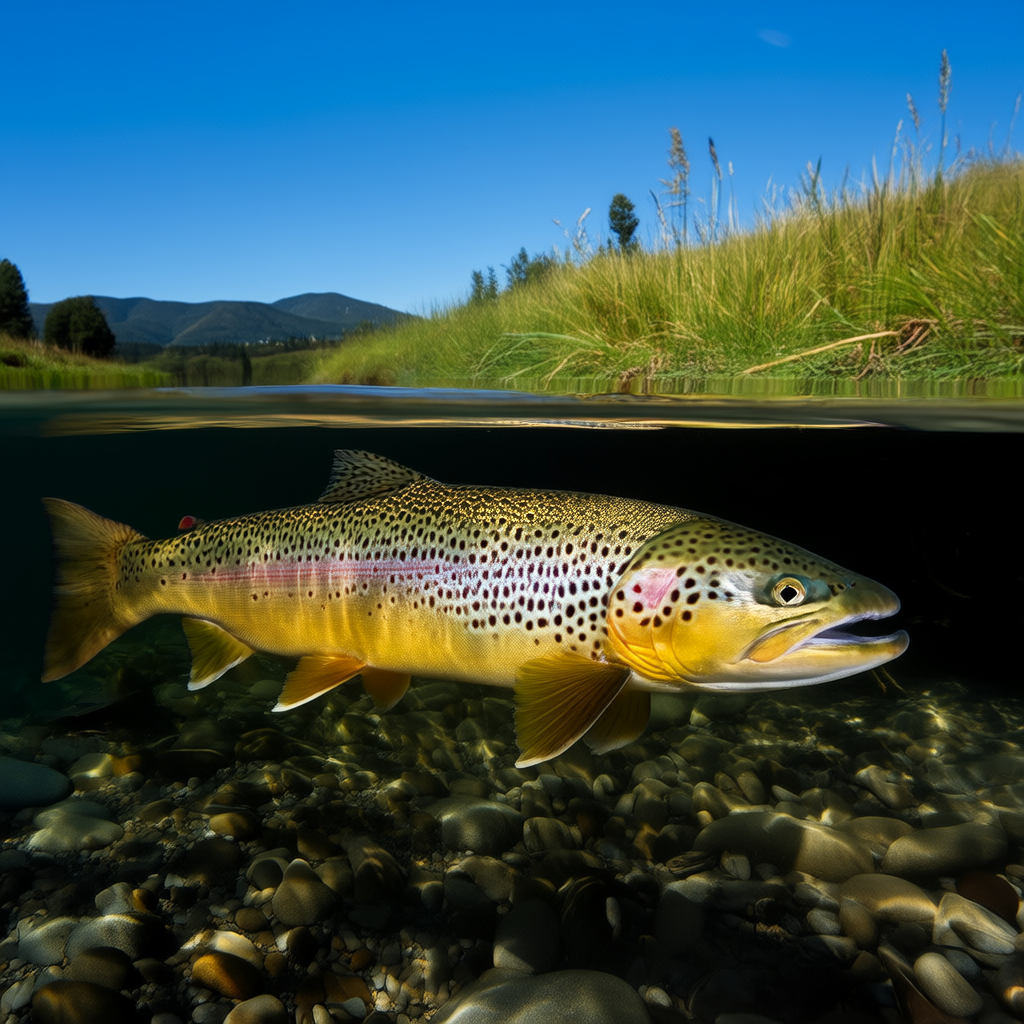Many anglers around the world find saltwater fishing to be a thrilling and fun experience. To avoid getting into trouble, it’s important to understand the saltwater fishing rules. Each state has its own set of regulations that can vary depending on what species you are pursuing. As a saltwater fisher, it’s your responsibility to follow and know the rules and regulations of your state. We will explain the saltwater fishing rules you should know before you go out to fish.
Why are saltwater fishing regulations important?
To maintain and conserve marine ecosystem balance, saltwater fishing regulations are vital. These regulations are in place to ensure that the fish population is not depleted and sport fishing can be managed sustainably. These regulations also help the commercial fishing industry maintain a healthy population of fish, which is vital for their business. By adhering to saltwater fishing regulations you can not only help conserve the ecosystem, but also avoid heavy fines and possible imprisonment.
Where can I find saltwater fishing regulations?
You can easily find the saltwater fishing rules and regulations on the website of your state’s Fish and Wildlife Agency. These websites provide detailed information on the rules and regulations for saltwater fishing, both recreational and commercial. You can also get information from local tackle stores, fishing clubs, or charter boats. It is important to stay up-to-date with the latest regulations.
What are the general saltwater fishing regulations?
Here are some general regulations for saltwater fishing that you should know:
Licenses
To fish in saltwater, all anglers 16 years and older must have a fishing licence. Online or at local tackle shops, you can purchase the license. License fees vary from one state to another.
Bag Limits
Bag Limits are the maximum amount of fish an angler may keep in one day. The Bag Limits are implemented to prevent over-exploitation of the fish population. Bag Limits may vary depending on species and size.
Size Limits
Size Limits are the minimum sizes of fish that an angler may keep. The purpose of size limitations is to allow fish to mature, spawn and increase their population.
Prohibited Species
Keeping or catching certain species is illegal. These species are illegal to capture or possess. It is important to know what species are prohibited in your state, as they can vary.
Fishing Seasons
The fishing season is the period of time when anglers can fish for a particular species. This is done to prevent the fish population from being depleted in their spawning period.
What are the state-specific saltwater fishing regulations?
Each state has its own saltwater fishing regulations. These are based on the local fish population and ecosystem. Here are some saltwater fishing laws specific to each state.
Florida Saltwater Fishing Regulations
Florida has a diverse and rich marine ecosystem, which is managed by Florida Fish and Wildlife Conservation Commission. Saltwater fishing regulations vary depending on location, species and size of fish. Here are some important regulations:- All fishermen who are 16 or older must have a saltwater license.
Texas Saltwater Fishing Regulations
Texas has a large coastline and a diverse population of fish that are managed by the Texas Parks and Wildlife Department. Saltwater fishing regulations vary depending on location, species and size of fish. Here are some important regulations:- All fishermen who are 17 or older must have a saltwater license.- Bag Limits and size limits can vary based on the species.
California Saltwater Fishing Regulations
California has a unique marine eco-system that is managed and protected by the California Department of Fish and Wildlife. Saltwater fishing regulations vary depending on location, species and size of fish. Here are some important regulations:- All fishermen who are 16 or older must have a saltwater license.- Size and Bag Limits may vary depending on species.
Conclusion
Saltwater fishing regulations are crucial to maintaining and conserving the marine ecosystem. To ensure the sustainability of fish populations, it is important that anglers follow the rules and regulations established by their state. Each state has its own set regulations, which can vary depending on species, size and location. To avoid heavy fines and to contribute to the preservation of the ecosystem, it is important to stay up to date with the regulations.




